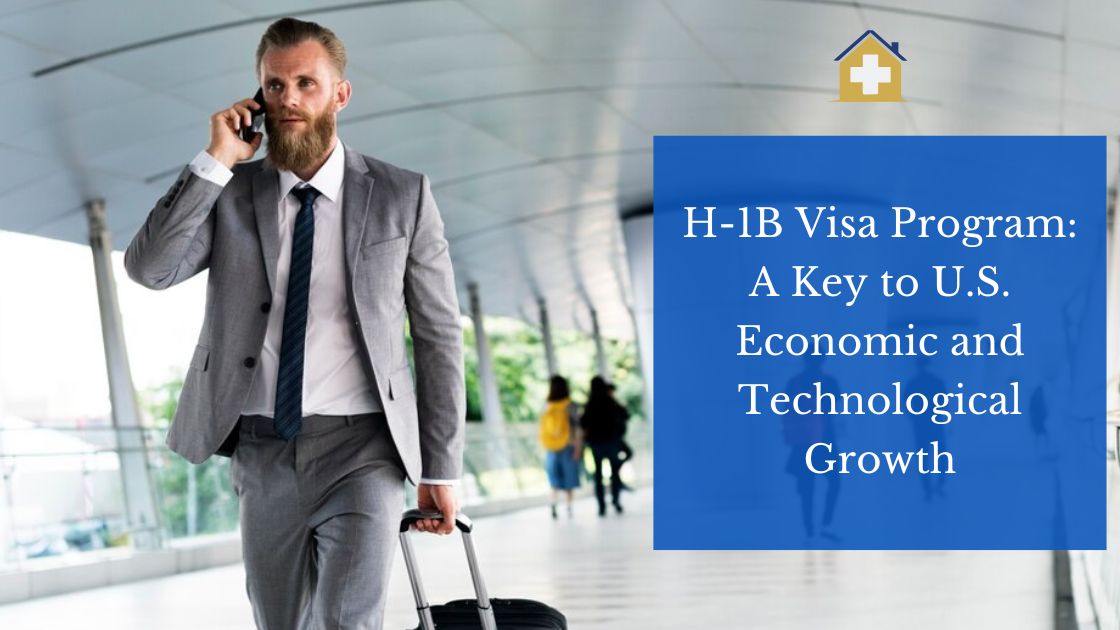

Effective Jan. 22, 2025, USCIS is waiving any and all requirements that applicants receive the COVID-19 vaccination.

In the ongoing debate about U.S. immigration policy, the H-1B visa program has sparked discussions among key figures such as Donald Trump and tech entrepreneur Elon Musk. Trump has shown support for the program, acknowledging its role in fostering innovation and economic growth, and Musk has been a strong advocate, crediting the program for the success of companies like SpaceX and Tesla.
Explore the vital role skilled foreign workers in the U.S. play in shaping the workforce and fueling technological advancements.
The H-1B visa program allows U.S. employers to hire foreign workers for specialized roles requiring at least a bachelor's degree or equivalent. These positions are generally in science, engineering, information technology, and medicine. To qualify, applicants must meet specific educational requirements, and the U.S. employer must submit a petition on behalf of the worker.
Each year, the program allocates 65,000 visas for foreign workers in high-demand fields, with an additional 20,000 reserved for those holding a U.S. advanced degree. This allocation helps the U.S. meet the demand for skilled professionals in various sectors, ensuring continued competitiveness on the global stage.
The H-1B visa program significantly contributes to the U.S. economy, with foreign workers playing a key role in several industries:
H-1B workers help drive economic growth by filling critical technological, healthcare, and engineering positions. Studies show that the program adds billions to the U.S. GDP annually.
The role of H-1B visa holders in advancing U.S. technology industries cannot be overstated. These highly skilled workers are integral to the growth of sectors such as:
Companies like Google, Microsoft, Amazon, T-Mobile, and Black & Veach rely on H-1B workers to drive innovation in such fields as software development, artificial intelligence, communications, energy, and cybersecurity.
H-1B visa holders are often at the forefront of machine learning, cloud computing, and data science breakthroughs. This ongoing innovation strengthens the U.S.'s global position in tech.
As global competition for skilled labor intensifies, the future of the H-1B visa program will likely involve reforms. Here are some possibilities:
The U.S. will likely increasingly rely on the H-1B program to maintain its competitive edge in fields requiring specialized knowledge. With growing global demand for technological expertise, H-1B visas will continue to be critical to U.S. economic growth.
The H-1B visa program is essential for fueling U.S. economic growth and technological advancement. By providing access to a highly skilled global workforce, the program helps U.S. companies remain competitive and innovative. The program continues to benefit industries requiring specialized knowledge, particularly in the tech sector. With potential reforms on the horizon, the H-1B visa program will play an increasingly important role in shaping the future of the U.S. economy.
Dr. Steven Wittenberg Gordon provides expert guidance to simplify the process if your business seeks to hire exceptional international talent via the H-1B visa program who want to become permanent residents. From understanding legal requirements to ensuring compliance with regulations, Dr. Gordon offers personalized support to allow your H-1B visa holder to enjoy a seamless adjustment of status to permanent resident.
Schedule an appointment today to unlock the potential of global professionals and drive your company's growth.